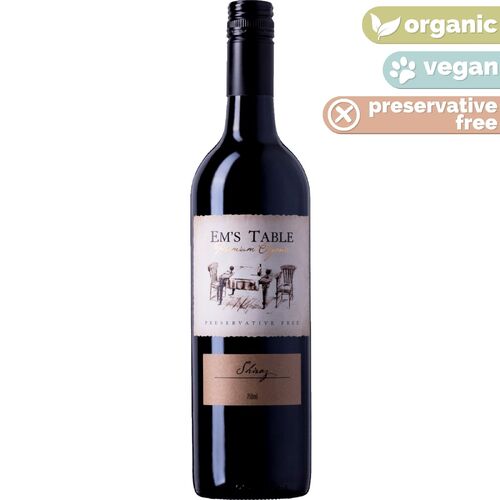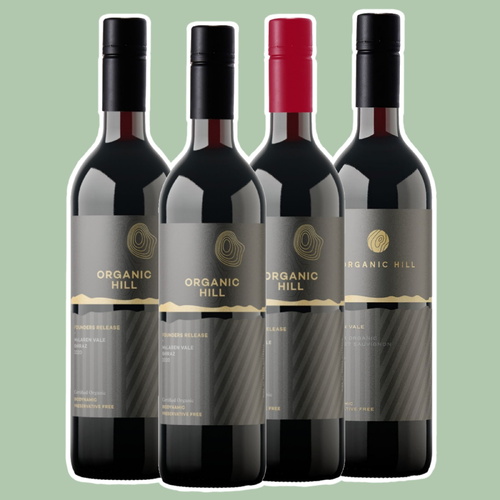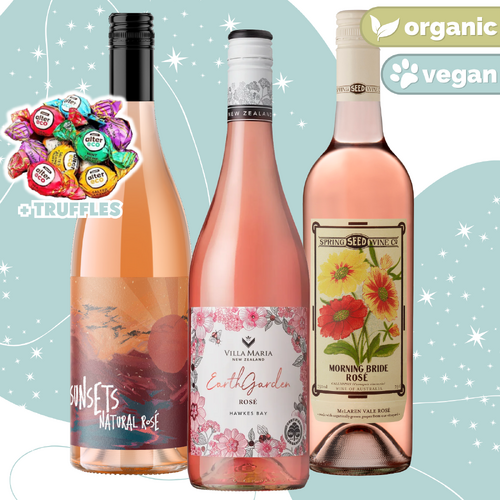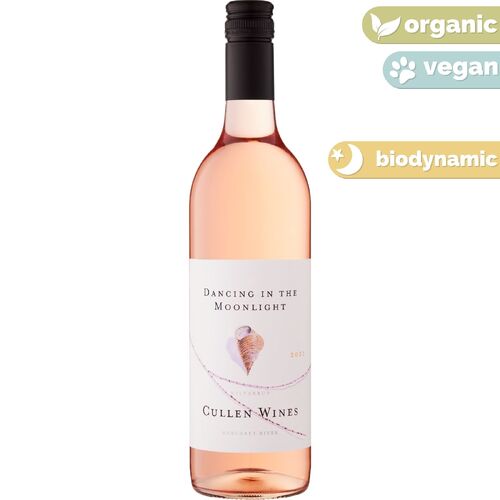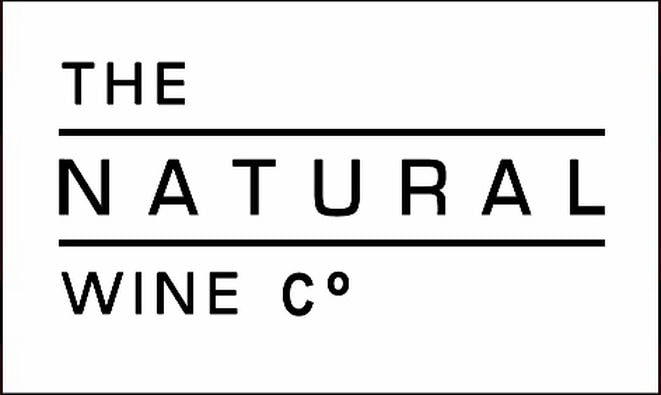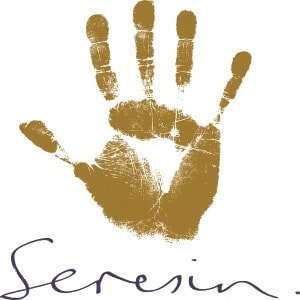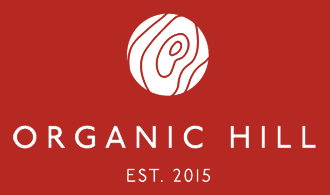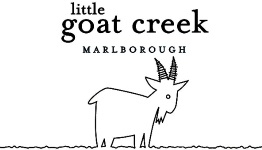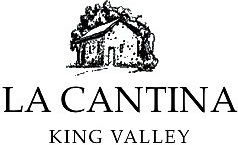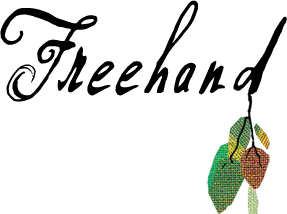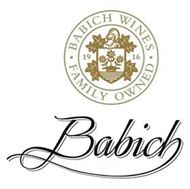What Makes a Wine Vegan
.jpg)
The practice of fining is widespread in Australian and New Zealand winemaking, however it is little understood by the average wine drinker. Fining involves using substances that may be of concern to people with food allergies or those on a vegetarian or vegan diet, and they may not be aware of the fact that they are consuming animal material when they drink their favourite drop. Indeed, for those concerned about animal exploitation, it may not even be the physical consumption that is the problem, but that any sort of animal product has "touched" the wine or been consumed in the winemaking process. So what is fining & how can it affect you? What fining agents are used & why? Do they affect the character of the wine?.
What is fining & what products are used in this process? »
This is the process of using an external agent, such as egg yolk, casein derived from milk, gelatin and isinglass (a fish derived product), to bond with insoluble substances in the wine and carry them to the bottom, thereby giving the wine a distinct(and desired) clarity.
Although clarity is the main reason wine is fined there are also others. The process is also used to remove astringency or tannin from wines, or to deliberately change the flavour profile in a positive manner. For further information on this subject, check this article by Wineseek’s Michael Davey.
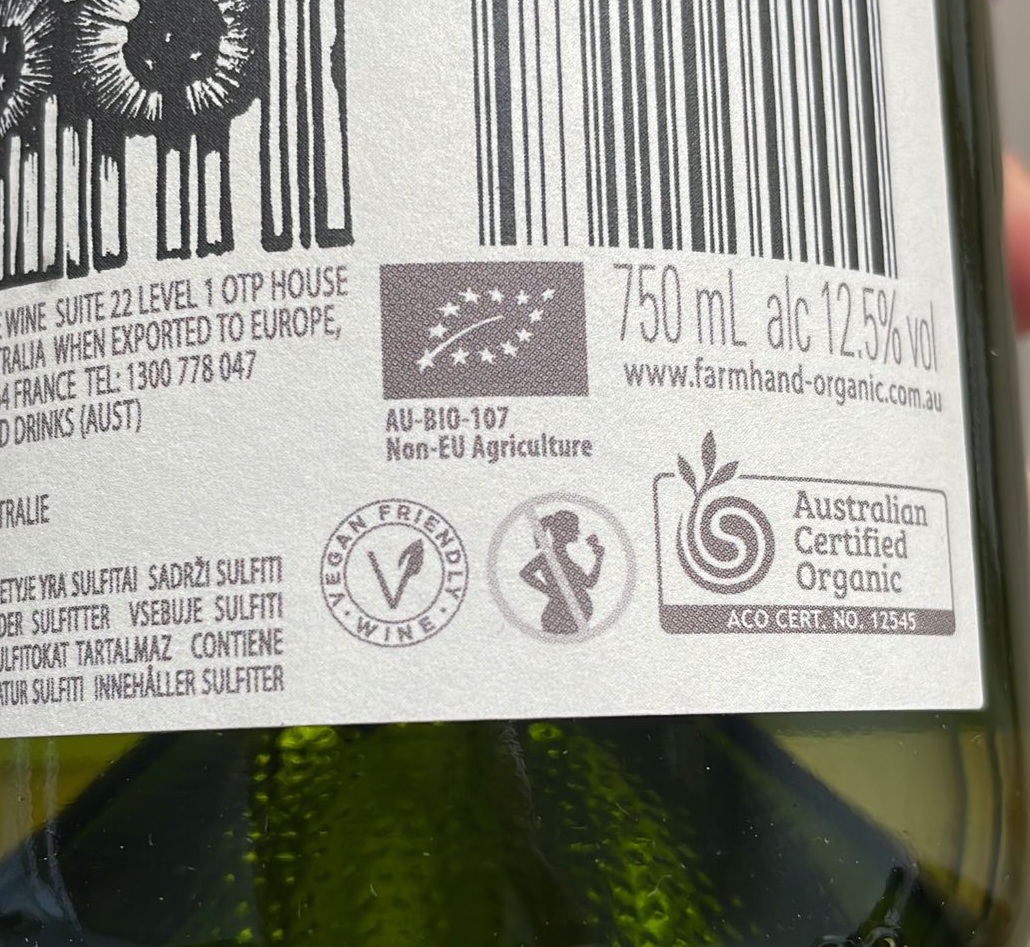 According to www.winedefinitions.com winemakers go to great lengths to ensure that their finished product is very clear:
According to www.winedefinitions.com winemakers go to great lengths to ensure that their finished product is very clear:
“It is a process where chemical substances are added to attract the solids and proteins, whereby they form a clump that falls to the bottom. These fining substances have a specific gravity that is slightly greater than the wine. As the substances sink through the wine it binds with any remaining unwanted particles that are suspended in the wine and precipitates them to the bottom, leaving the wine free of any cloudiness.”
However it is the nature of the third party materials used in this process which may be of concern to some wine drinkers. While only minute traces of the substance remain in the wine after the fining process, it should be the consumers right to know what has been used, says Michelle Gadd, owner of organic, biodynamic and preservative-free wine retailer organicwine.com.au.
A strong advocate of full disclosure and transparency in product labelling, she points out there is a growing awareness and discussion of the issue within the industry. Australian and New Zealand wine labelling laws since 2002 have required that any agents used in the fining process that are considered possible allergens be noted on the label.
Two examples of this are:
The Krinklewood Biodynamic Vineyard, which states clearly on its Wild Red 2010 that the product was “fined using egg products and traces may remain”.
The Millton Vineyard from Gisborne NZ, which discloses on its Riverpoint Vineyard Chardonnay that “milk products have been used to purify this wine in accordance with traditional winemaking techniques”.
Others such as Lowe Wines in Mudgee, NSW mark their Tinja 2010 preservative-free merlot as being “suitable for vegans ”. Renowned UK wine expert Jancis Robinson refers to the Australian and New Zealand perspective on wine labelling as she discusses the UK approach in this article.
While laudable, and a positive step for consumer wishing to make informed decisions, the labelling laws only require known “allergens” to be listed on the label, making the task for vegans seeking information unresolved. Indeed the Food Standards Code was amended on 28 May 2009 exempting isinglass (fish) for labelling in wine and beer. See full extract here.
Does fining change the characteristics of a wine? »
Yes, although usually only subtly, says Michelle, who explains the flavour is often linked to the wine’s colour and clarity.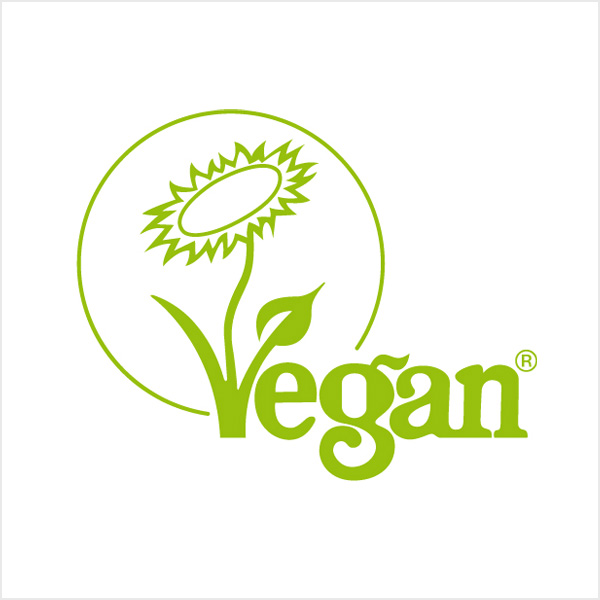
“The palate and flavour profile of wine can be analogous to the colour spectrum of a rainbow. Even the most minimal fining will remove a few slices of colour,leaving the end product a little less vibrant and incomplete,”she says.
“Many wines will eventually fall clear with gravity, making fining unnecessary in many instances, but the practices in most modern commercial wineries do not allow time or resources for this process to happen unassisted.”
What to do if you are allergic to fining agents or lead a vegan lifestyle? »
If you do suffer from allergies to certain fining agents, or are a vegan, or if you just wish to be informed about what it is that you are drinking, it pays to check the wine labels and also speak to your wine merchant. Michelle Gadd says there is a growing understanding in the wine industry of the needs of vegans and people with allergies.
 “Substances considered possible allergens (nut, milk, egg) are supposed to be declared on a wine label, so firstly check the back of the label,” says Michelle
“Substances considered possible allergens (nut, milk, egg) are supposed to be declared on a wine label, so firstly check the back of the label,” says Michelle
“Many producers (especially organic & biodynamic wineries) are starting to label their wine as to its vegan or vegetarian status, as well as listing the allergens.”
“If there is no mention of this then you’ll need to dig a bit further as other allowable winemaking additives like gelatine, and as of 2009, isinglass (fish product), do not have to be disclosed on the label. So your next port of call will probably be to directly ask the winery or winemaker if the wine has been “fined” and if so what additives were used. Other than that, a few wine websites, like organicwine.com.au, are starting to list the known vegan status of most wines.”
RECOMMENDED VEGAN WINES

$16.49 in a straight 12
or $18.99 each
- Vegan Suitable
- No Added Preservative
- Certified Organic
This sparkling is an elegant Blanc de Noir made from Cabernet Sauvignon in a Brut style. Blanc de noir denotes a white s...
$16.49 in a straight 12 or $18.99 each

$25.99 in a straight 12
or $29.99 each
- Vegan Suitable
- Certified Biodynamic
- Certified Organic
This wine shows an intense deep‑pink colour with creamy highlights and opens with ripe wild berries, raspberry, creamy s...
$25.99 in a straight 12 or $29.99 each
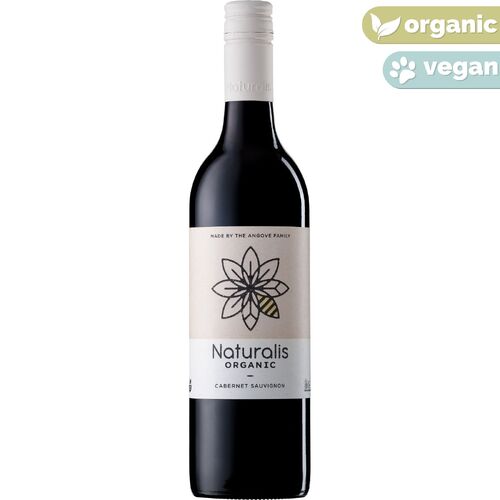
$14.83 in a straight 12
or $17.10 each
- Vegan Suitable
- Certified Organic
Deep robust red with purple hues. Aromas of black currant, plum and sandalwoodprecede a soft, full palate that adds choc...
$14.83 in a straight 12 or $17.10 each
- Vegan Suitable
- Certified Organic
If you're looking for vegan wines, then we can help! We have a comprehensive range of vegan-suitable wines, and this pac...
$125.00
- Vegan Suitable
- Certified Organic
If you're looking for vegan wines, then we can help! We have a comprehensive range of vegan-suitable wines, and this pac...
$125.00
- Vegan Suitable
- No Added Preservative
- Certified Organic
A rich Shiraz with ripe blackberry and plum fruit characters with hints of vanillin oak. Medium bodied in style with fin...
$17.31 in a straight 12 or $19.99 each
- Vegan Suitable
- Certified Organic
Expressive aromas of rich red cherries and hints of violet follow through with fleshy red plum, hints of liquorice, supp...
$15.82 in a straight 12 or $18.80 each
- Vegan Suitable
- No Added Preservative
- Certified Biodynamic
- Certified Organic
Discover the premium Organic Hill Founders Collection with this pack. Driven by their natural Organic passion and ‘raiso...
$149.00
- Vegan Suitable
- No Added Preservative
- Certified Organic
The ultimate everyday reds pack. Enjoy this pack of great value and flavourful preservative free reds. Some of the bigge...
$107.00
- Vegan Suitable
- Certified Organic
A perfect gift pack for any Rose lover. Beautifully presented and gift boxed with organic truffles. Organic and Vegan....
$89.00
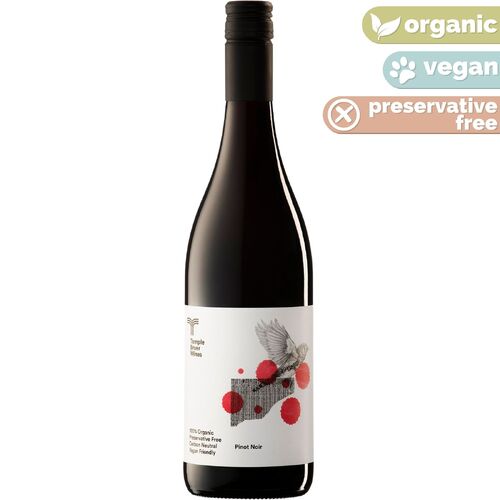
$20.28 in a straight 12
or $23.30 each
- Vegan Suitable
- No Added Preservative
- Certified Organic
Just released, our Best Selling Pinot Noir a Preservative Free fan favourite Ruby red in colour with an aroma of dark ch...
$20.28 in a straight 12 or $23.30 each
- Vegan Suitable
- Certified Organic
A great six pack for any occasion. 1 x Angove Naturalis Organic Pinot Grigio 1 x Angove Naturalis Organic Rose 1 x A...
$95.00
- Vegan Suitable
- Certified Organic
This wine has pale green and gold hues. Aromatic tropical fruits and stone fruit combine with a hint of French oak. Ripe...
View- Certified Organic
Lime and gooseberry aromas with fennel, a hint of blackcurrant, and a spice/ mineral note. Expansive fruit salad entry m...
View- Vegan Suitable
- Certified Biodynamic
- Certified Organic
Explore the world of biodynamic white wines with this curated selection, offering vibrant flavours and a glimpse into th...
$160.00
- Vegan Suitable
- Certified Biodynamic
- Certified Organic
Explore the world of biodynamic white wines with this curated selection, offering vibrant flavours and a glimpse into th...
$129.00
- Vegan Suitable
- Certified Biodynamic
- Certified Organic
Explore the world of biodynamic wines with this curated selection, offering vibrant flavours and a glimpse into the harm...
$130.00
- Vegan Suitable
- No Added Preservative
- Certified Organic
BERRIES - VANILLA - SILKY Ripe plum in colour this Shiraz has aromas of raspberry, cherry and tobacco complimented with ...
View- Vegan Suitable
- Certified Biodynamic
- Certified Organic
Crunchy, fresh and vibrant, lovely sweet berry fruits fill the palate for a rosé experience where you feel like dancing ...
View- Vegan Suitable
- Certified Biodynamic
- Certified Organic
Crunchy, fresh and vibrant, lovely sweet berry fruits fill the palate for a rosé experience where you feel like dancing ...
View- Vegan Suitable
- No Added Preservative
- Certified Biodynamic
- Certified Organic
Juicy, unctuous fruit with fine grained tannins and the delicious long finish of a wine which doesn’t have any sulphur d...
View- Vegan Suitable
- No Added Preservative
- Certified Organic
This preservative free Shiraz is rich and luscious bursting full of blackberry and dark fruits complimented with cinnamo...
View- Vegan Suitable
- Certified Biodynamic
- Certified Organic
This wine is rich red-black in colour. Enticing aromatics immediately convey a charming varietal Cabernet with lifted bo...
View
$31.68 in a straight 12
or $36.10 each
- Vegan Suitable
- Certified Biodynamic
- Certified Organic
Initially coy, it soon reveals an array of aromatics including cherry, violet, baking spice, black olive, rusty steel, c...
$31.68 in a straight 12 or $36.10 each



